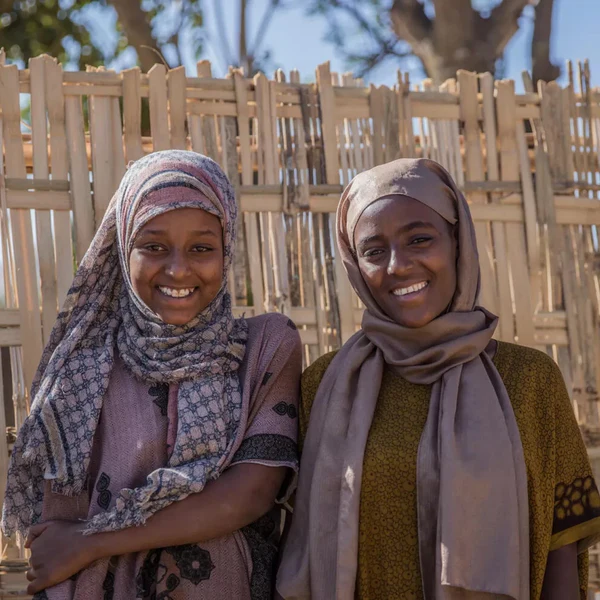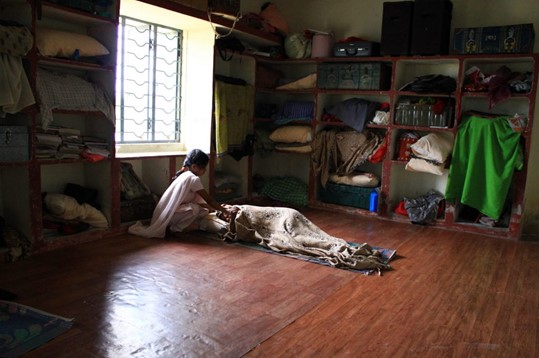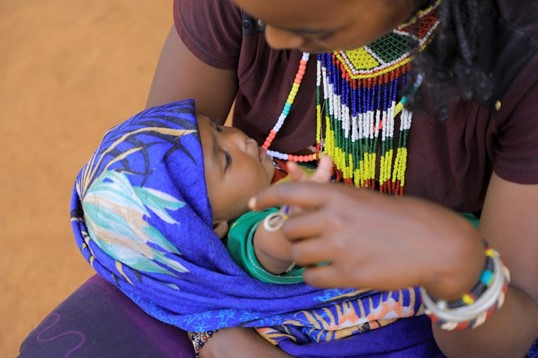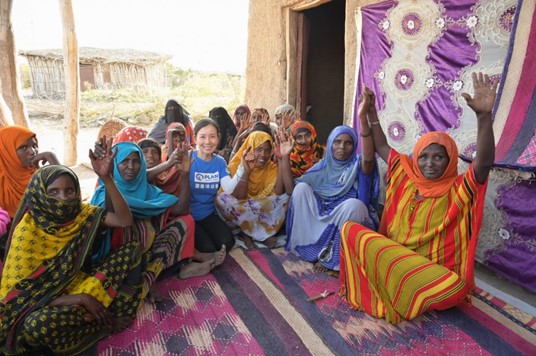
End circumcision and protect girls’ future
Currently, it is estimated that 200 million women worldwide have undergone different degrees of female genital mutilation. This custom is prevalent in 28 African countries, and about 55 million women under the age of 15 have undergone or are living under the shadow of female genital mutilation. Female genital mutilation brings endless harm and causes serious physical and mental trauma to girls.

In January this year, I visited Ethiopia in Africa to explore the challenges girls face in this country where the prevalence of female circumcision is 65%. I also learned about Plan International's work to combat female circumcision so that girls no longer have to endure the pain and live in the shadow. In view of the local traditional culture, female babies are circumcised on the seventh day after birth. This symbolizes premarital chastity and is also a blessing for the girl's future marriage. On the contrary, women who have not been circumcised will be discriminated against. It is hard to imagine that circumcision practitioners usually use unsterilized cutting instruments such as knives, glass, sharp stones or nails to remove the entire vulva, and then sew up the vaginal opening with needle and thread. No anesthetic is used in the entire process, which poses great health risks to female babies. They have to endure immense pain, constant bleeding, bacterial infections and other bitter consequences. Some even suffer from lifelong disabilities and death.

United to end circumcision and protect the future of girls
Empower girls and young women to enable 200 million girls to learn, lead, determine their own destiny and thrive, free from injustice and oppression.
Currently, due to lax law enforcement and deep-rooted traditional culture, a girl is circumcised every eight seconds around the world. I hope everyone can support our plan so that we can gather stable resources to promote anti-circumcision work in more communities, so that more girls can be saved from the pain of the knife and have the right to body autonomy.

Every donation from you can help girls:
Support the schooling expenses of two girls for seven months Provide vocational training for 13 girls Provide training for 31 people (including young people and their parents, community leaders, village heads, teachers and health workers, etc.), and invite them to regularly discuss child marriage and early pregnancy in the community, and at the same time promote the benefits of delayed marriage
Support two villagers to learn about the information and harm of female circumcision through workshops, and prepare to abolish this bad habit Provide sanitary products and workshops for making reusable sanitary napkins for three girls to meet their needs during menstruation, and set up menstruation-friendly rooms in schools, including beds, hand-washing facilities, trash cans, posters of reproductive health information, etc., so that girls can get proper rest during menstruation and understand the knowledge of menstruation